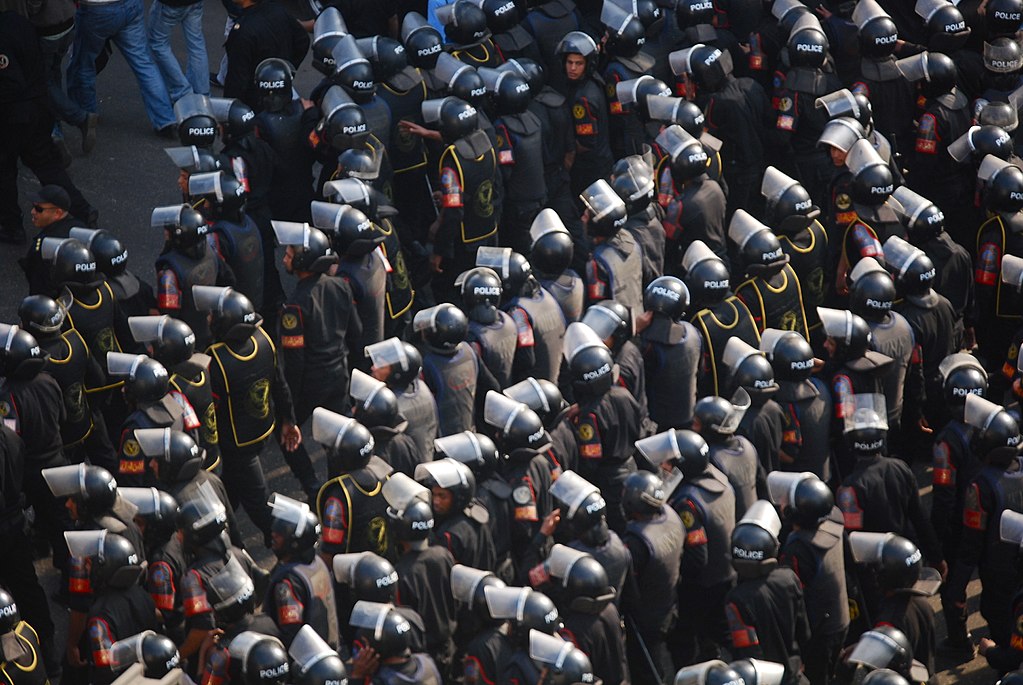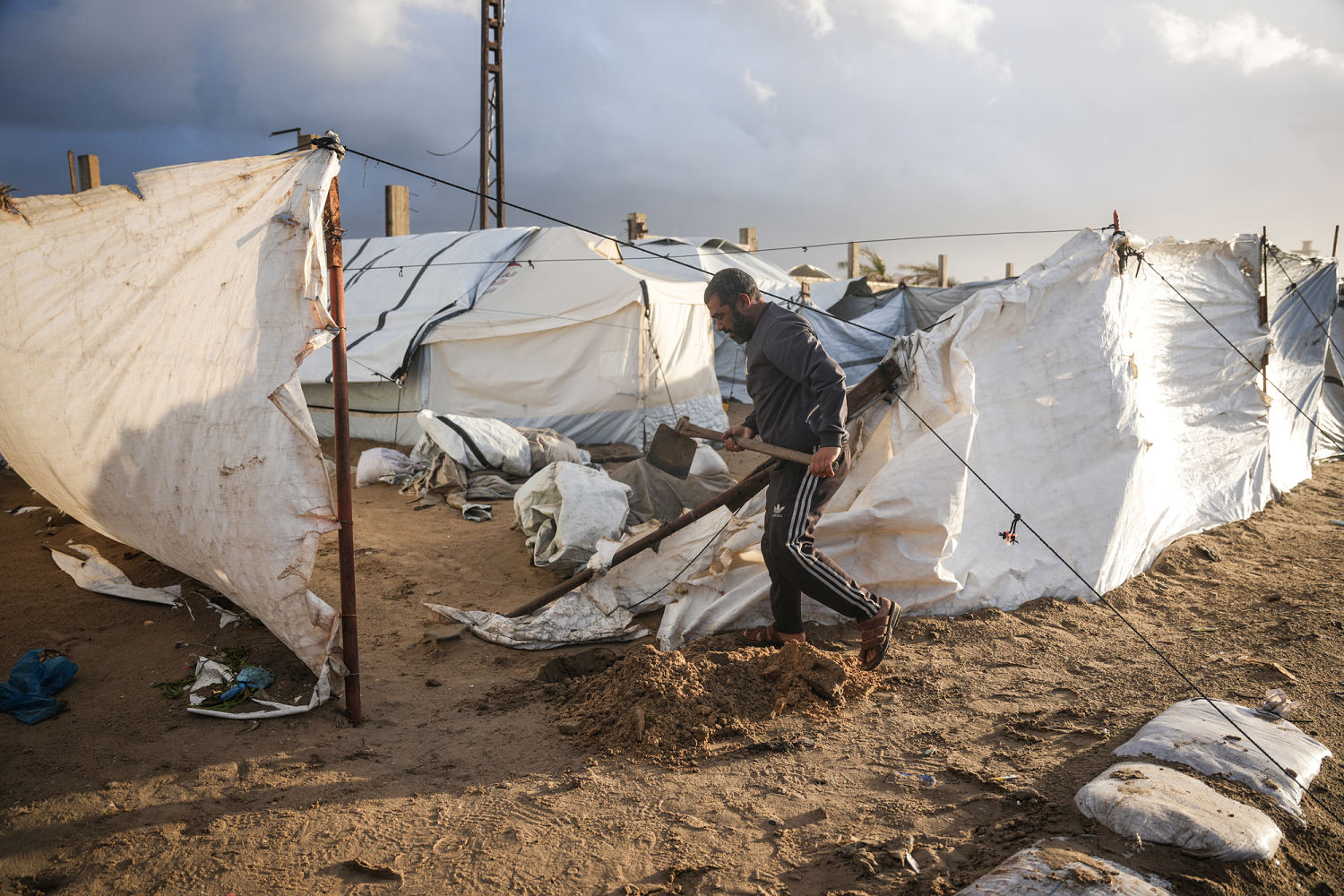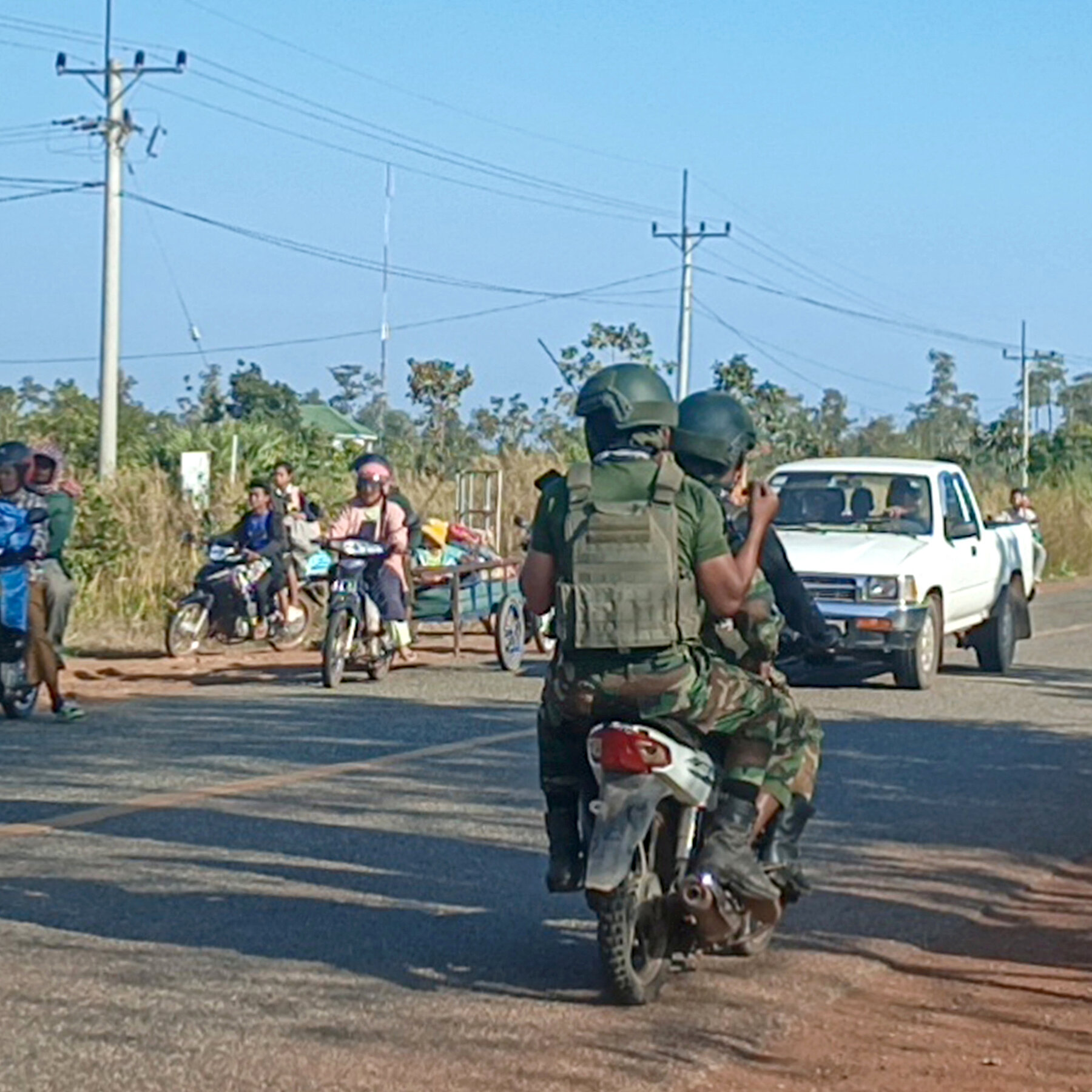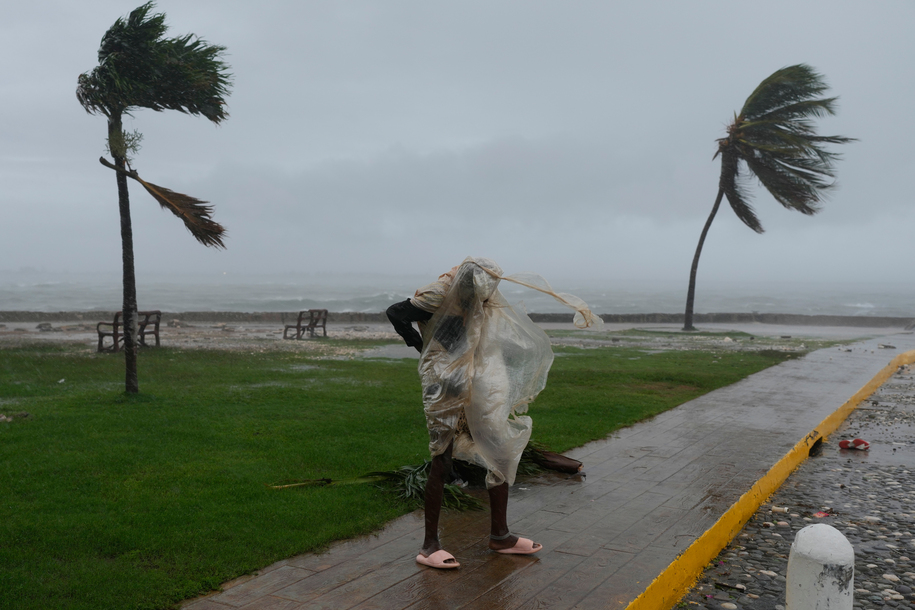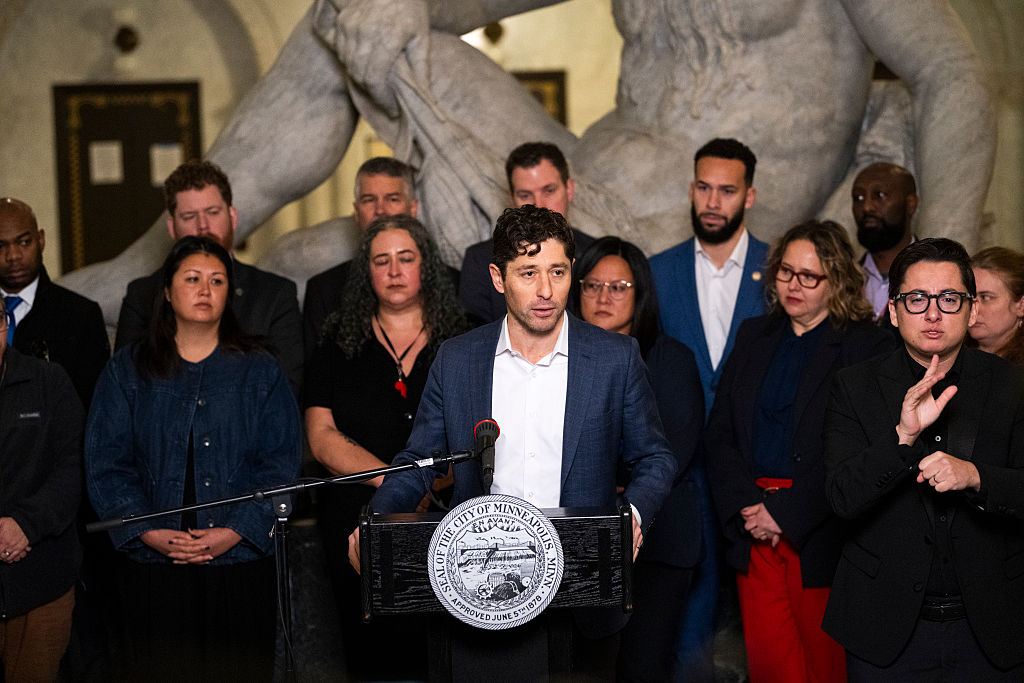The African Commission on Human and Peoples’ Rights is urged to take decisive action regarding Egypt’s escalating human rights crisis. This call comes from a coalition of 22 rights organizations following the commission’s recent 85th session, where the Egyptian government and the commission’s country rapporteur submitted reports that many believe misrepresented the human rights situation in the country.
The official report from Egypt covered the period from 2019 to 2024 and dismissed claims of detained journalists or prisoners of conscience. Instead, it characterized restrictions on civil society as necessary for promoting “transparency.” Similarly, the country rapporteur’s findings failed to acknowledge widespread human rights violations, describing the 2023 presidential election as “peaceful” and “competitive.” This characterization contradicts extensive documentation of repression, including the prosecution of potential candidates and the effective criminalization of assembly, expression, and association.
Critics have pointed out that a 2024 “familiarization visit” by the country rapporteur did not include discussions with independent Egyptian human rights organizations, further calling into question the authenticity of the reports presented. Over the past decade, the Egyptian authorities have arrested thousands of peaceful critics, journalists, political figures, and human rights defenders under broad terrorism and “false news” charges.
Rights groups and UN monitoring mechanisms have documented persistent patterns of enforced disappearance, systematic torture, and prolonged pretrial detention. Such detentions are often extended through the “rotation” of detainees into new cases with similar charges. The authorities have also suppressed hundreds of news and civil society websites, dispersed small demonstrations, and conducted preemptive mass arrests in anticipation of protests related to economic conditions and government responses to regional conflicts.
Prominent figures including blogger Alaa Abdel Fattah, lawyer Hoda Abdel Moneim, and political challenger Ahmed Tantawy remain imprisoned or face renewed charges despite having served previous sentences. Structural changes implemented since 2019 have solidified security powers, with constitutional amendments expanding military authority. Additionally, counterterrorism and cybercrime laws remain broadly defined, and a draft Criminal Procedure Code has faced international criticism for undermining fair trial protections and facilitating extended detention without adequate judicial review.
Human rights organizations emphasize the lack of accountability for deaths in custody, allegations of torture, and past incidents, including mass killings of protesters. The African Commission has issued several resolutions identifying Egypt in violation of the African Charter, highlighting concerns such as mass death sentences and restrictions on journalists. Nonetheless, it has not adopted a new resolution regarding Egypt since 2015, despite the deteriorating situation.
The coalition of rights organizations calls for the commission to issue a new resolution that reflects an evidence-based assessment of current conditions. They advocate for stronger public engagement, urgent appeals to the Egyptian government, and the establishment of a dedicated follow-up mechanism under Rule 112 to monitor the implementation of recommendations. They also caution that ongoing patterns of arbitrary detention and abuse in custody may necessitate the use of the commission’s early-warning powers to alert the African Union Peace and Security Council.
Furthermore, they insist that any proposal to hold a future African Commission session in Egypt must include verifiable guarantees ensuring that all participants, particularly domestic critics, can enter, participate, and leave the country safely without intimidation or reprisals.

